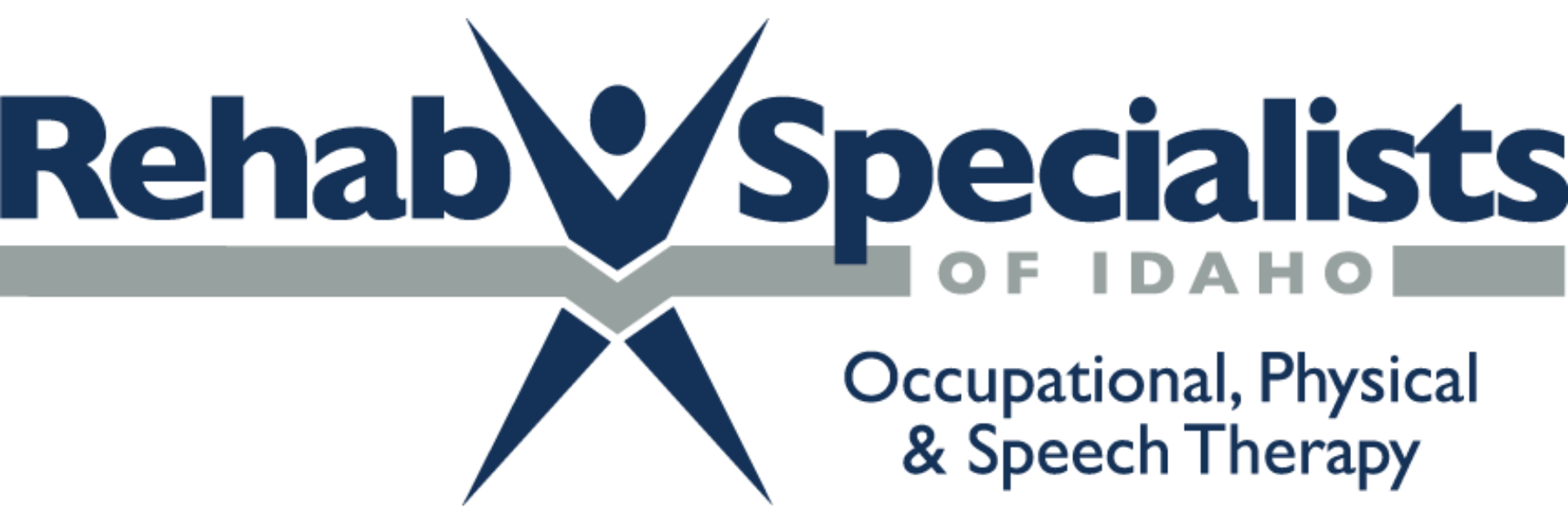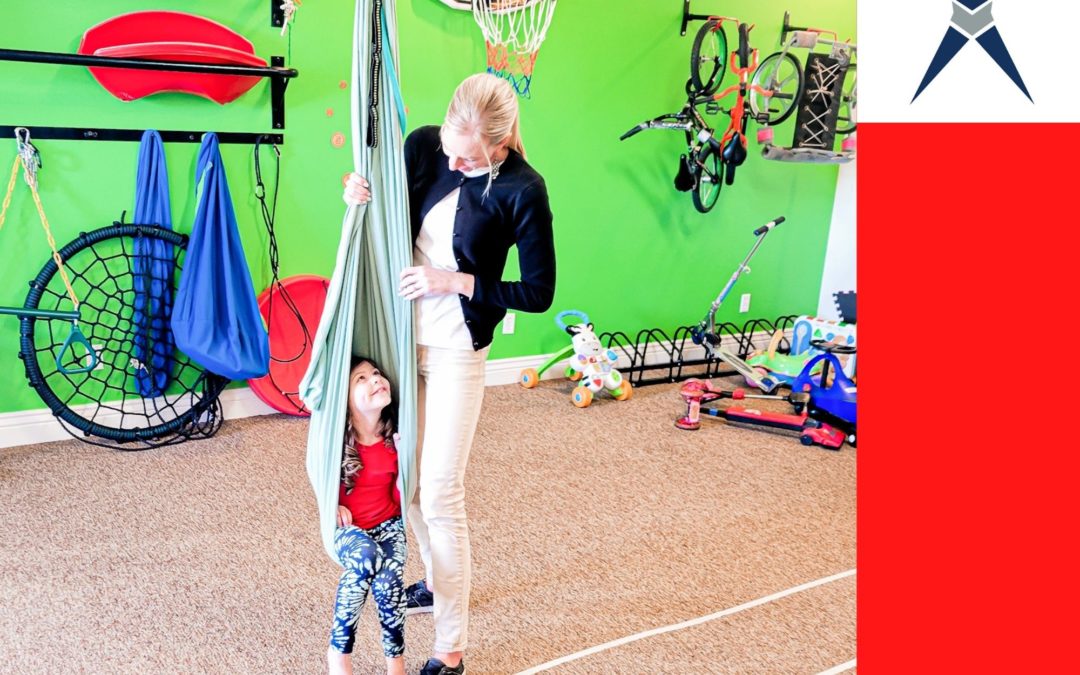It’s March 1st! HAPPY WORLD COMPLIMENT DAY!
Here’s what Rehab Specialists of Idaho Speech-Language Pathologist Cara Butler has to say about complimenting your kiddos.
“As a therapist, I’ve noticed that kids REALLY do want to be successful. They want to feel that their efforts were “enough.” I often employ strategies of giving specific feedback and providing a lot of praise during the learning process. Most children are trying to move the same direction developmentally. Some need a little more support to get there.
As adults, if we exercise a little more patience and adjust our approach, the end result is often the same! Additionally, parent/child relationships can become strengthened in the process. Win, win!!!”
Here are 5 ways to use positive praise to encourage your child’s skills:
1. Look for the positive. Search for things your child is doing well. At times this might feel challenging. Perhaps you want your child to be a better listener, and currently they’re facing the other direction while you’re talking. Nevertheless, look for any small indicators that your child is listening (e.g. “Wow! I like the way you’re not talking. You are a good listener when you’re not talking while I’m talking.”). Then offer a suggestion to improve (e.g. “Turn your body this way so I can see your eyes. Wow, you’re such a good listener when you’re looking at me.”)
2. Tell your child what’s going well. Give them verbal praise about what they are doing well. Show your child you’re excited and proud of their behavior, by letting them know. You can teach your child to be excited about their skills, by being excited for them.
3. Give specific feedback. Instead of simply saying “good job”, tell your child why they are doing a good job. By using specific and descriptive language, you will raise your child’s awareness of what they are doing well. This will increase their likelihood and motivation to repeat the same behavior again. For example, you might say “Wow, I like the way you let me go first! It’s so fun to play with you when you let other people take a turn first.”
4. Be quick to praise. Praise your child as quickly as possible so positive behaviors are immediately reinforced. For example, if your child gives a toy to their sibling, you might immediately say “You gave the bear to John. You are so good at sharing. I like the way you shared.” It may not always be possible to provide praise in the moment (for example, if your child is at school or at a friend’s house), however, you can still recount the positives at the end of the day by using specific feedback.
5. Guide your child through positive language. When giving your child constructive feedback, try to use positive language. For example, instead of saying “not quite”, tell your child “almost!”, or instead of saying “that’s not right”, tell your child “You’re so close! You’re working so hard!”. Additionally, when encouraging your child to try something challenging, avoid asking “Will you…?” or “Can you…?”, and try telling them “It’s time to…” or “You can…”. If “no” is not an option, then avoid presenting tasks as a yes/no question. Source
If you have concerns about your children reaching their developmental milestones, give us a call to schedule a free screening with a therapist. 208-359-9570


